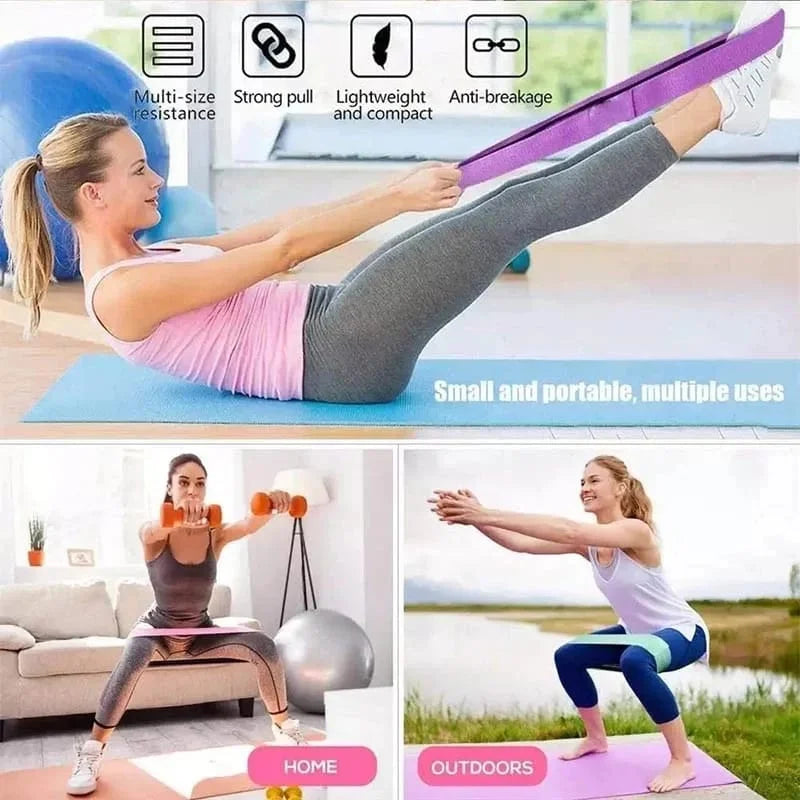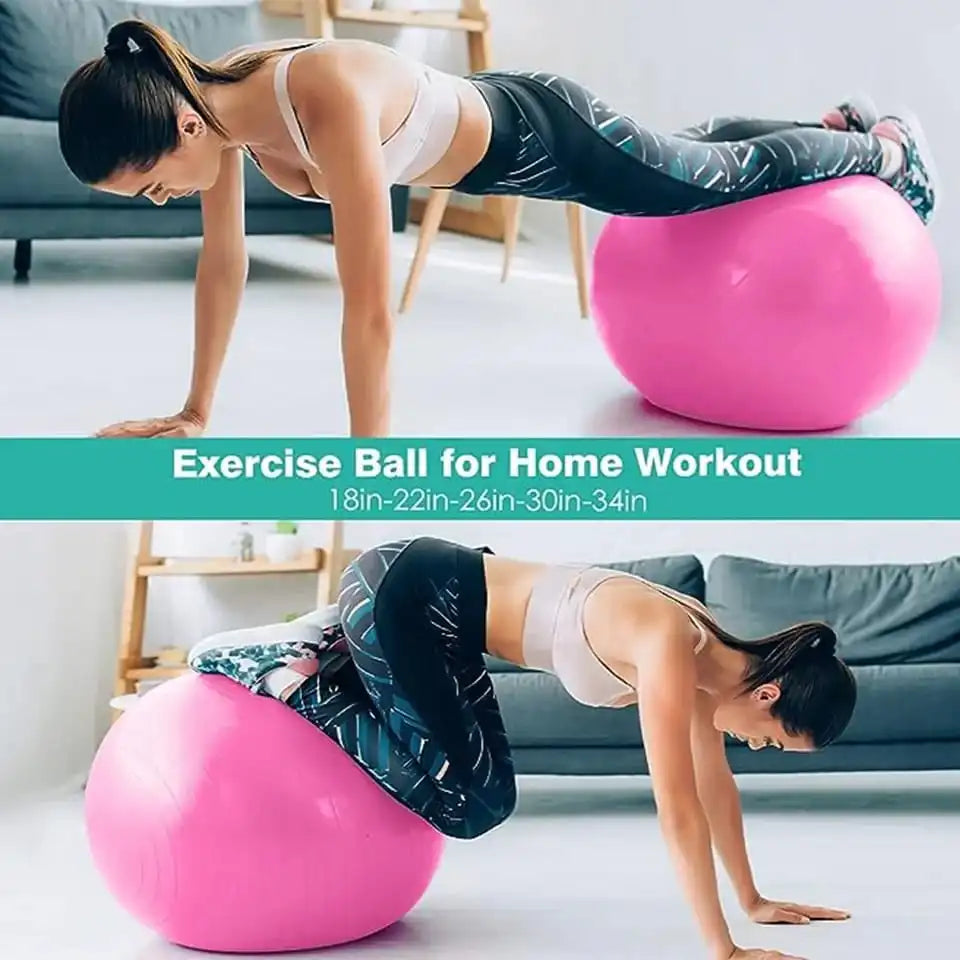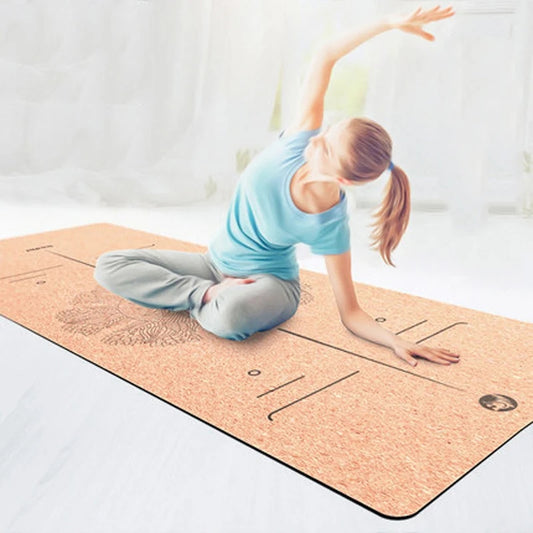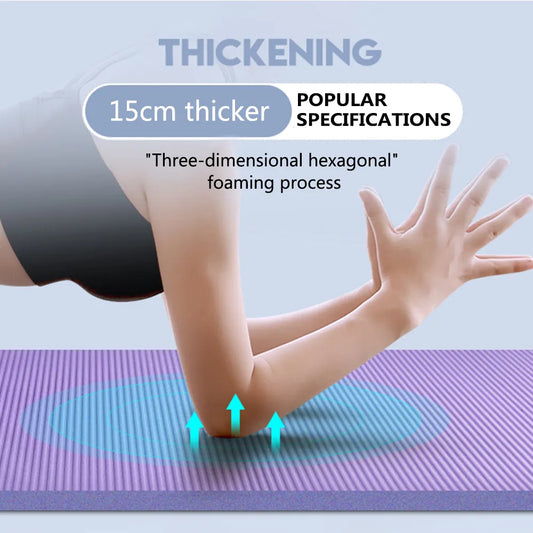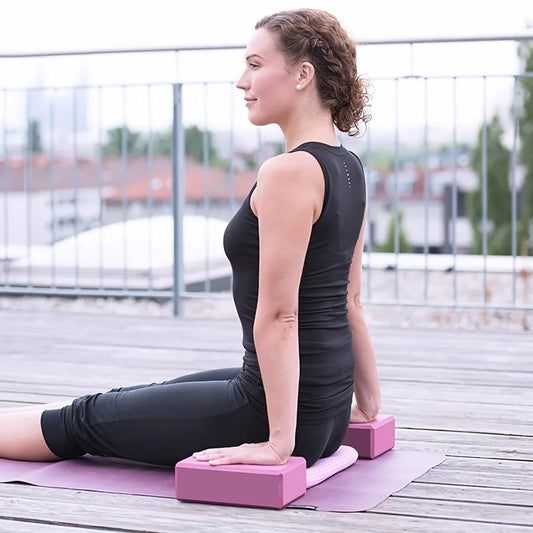Pilates is generally suitable for a wide range of individuals, but there are considerations to keep in mind to ensure safety and effectiveness. Here's a breakdown of who Pilates is suitable for and factors to consider:
-
All Fitness Levels: Pilates can be adapted to accommodate people of all fitness levels, from beginners to advanced practitioners. Classes can be modified to provide options for varying levels of strength, flexibility, and experience.
-
All Ages: Pilates is suitable for individuals of all ages, from children to older adults. It offers low-impact exercises that can be gentle on the joints while still providing effective strength, flexibility, and mobility benefits.
-
Injury Rehabilitation: Pilates can be beneficial for individuals recovering from injuries, particularly those related to the spine, joints, or muscles. The controlled movements and focus on core strength and stability can help support the rehabilitation process and prevent future injuries.
-
Pregnant Women: Pilates can be modified to accommodate pregnant women and provide safe and effective exercise during pregnancy. Prenatal Pilates classes focus on strengthening the core, improving posture, and relieving discomfort associated with pregnancy.
-
Athletes and Active Individuals: Pilates can complement other forms of exercise and training by targeting muscle imbalances, improving flexibility, and enhancing overall body awareness and alignment. Many athletes incorporate Pilates into their training regimen to improve performance and prevent injuries.
-
Those with Chronic Conditions: Pilates may be beneficial for individuals with chronic conditions such as back pain, arthritis, or fibromyalgia. However, it's important to consult with a healthcare provider or qualified Pilates instructor to ensure that exercises are appropriate and safe for specific conditions.
-
Postpartum Recovery: Pilates can help women regain strength, stability, and muscle tone after childbirth. Postpartum Pilates classes focus on restoring core strength, pelvic floor function, and overall body alignment following pregnancy and childbirth.
While Pilates is generally suitable for most people, it's important to consider individual health status, fitness level, and any existing medical conditions or injuries. Beginners should start with introductory classes or sessions with a certified Pilates instructor to learn proper technique, alignment, and breathing principles.
Additionally, individuals with specific health concerns or limitations should consult with a healthcare provider before starting a Pilates practice to ensure that it is safe and appropriate for their needs. Overall, Pilates offers a versatile and effective approach to improving strength, flexibility, posture, and overall well-being for a wide range of individuals.



